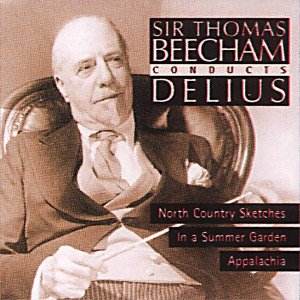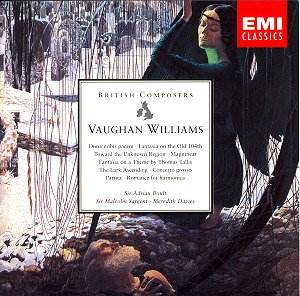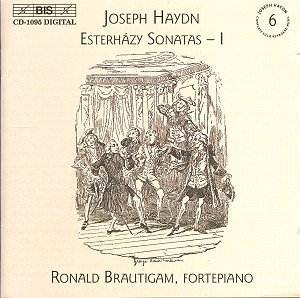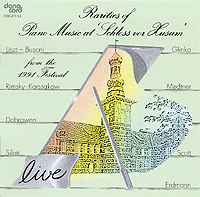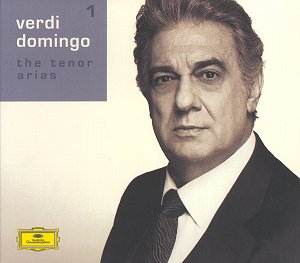 Composer: Giuseppe Verdi
Composer: Giuseppe Verdi
Works: La Traviata, Aida, Don Carlos, Un Ballo in Maschera, Il Trovatore, Rigoletto, La Forza del Destino, Ernani, I Lombardi alla Prima Crociata, Jérusalem, Luisa Miller, Giovanna d’Arco, I Vespri Siciliani, Otello, Macbeth, Nabucco, Stiffelio, Aroldo, Simon Boccanegra, La Battaglia di Legnano, Un Giorno di Regno, Attila, I Due Foscari, I Masnadieri, Il Corsaro, Falstaff, Oberto, Conte di San Bonifacio, Alzira
Performers: Plácido Domingo (tenor), various orchestras and conductors including Bayerisches Staatsorchester/Kleiber, Orchestra del Teatro alla Scala/Abbado, Berliner Philharmoniker/Barenboim, Wiener Philharmoniker/Karajan, and others
Recording: Various recordings from 1999-2001, remastered
Label: Deutsche Grammophon
Giuseppe Verdi’s operatic legacy, marked by its emotional profundity and vocal demands, finds a potent interpreter in Plácido Domingo, whose long-standing association with the tenor repertoire has established him as a definitive voice of the 20th and 21st centuries. This extensive box set, “Verdi – Domingo – The Tenor Arias,” serves as both a retrospective of Domingo’s illustrious career and a celebration of Verdi’s nuanced tenor roles. The collection showcases arias from all twenty-eight of Verdi’s operas, encapsulating the evolution of both composer and performer through an impressive array of recordings.
The performances in this compilation oscillate between Domingo’s earlier, celebrated interpretations and newer recordings, illuminating the trajectory of his vocal artistry. Particularly striking are the selections from “Aida,” where Domingo’s remarkable ability to sustain high notes with brilliant clarity is showcased in “Se quel guerrier,” a moment marked by an impressive command of dynamics and emotional nuance. The expressiveness he brings to “Don Carlos” reveals an emotional depth, with a rich tonal palette that captures the psychological complexity of the character. The lush orchestrations of the Bayerisches Staatsorchester under Kleiber, alongside Domingo’s interpretation, create a synergy that elevates these moments to the sublime.
However, the collection is not without its challenges. While the earlier recordings reflect a youthful Domingo at the peak of his powers, the new interpretations of lesser-known arias such as those from “I Masnadieri” and “Alzira” often feel overshadowed by the brilliance of his celebrated roles. The technical aspects of these newer recordings reveal a subtle decline in vocal agility and a slight flattening of tone that, while still compelling, do not reach the heights set by his earlier work. The juxtaposition between the two eras serves to highlight the strengths of his youth, where the precision and emotional impact of his singing were unparalleled.
Sound quality remains an essential consideration, and Deutsche Grammophon ensures a high-caliber listening experience. The engineering captures the warmth and richness of Domingo’s voice, allowing the listener to appreciate the intricate nuances in articulation and phrasing. Each disc is meticulously presented, with a lavish booklet that enhances the overall experience, providing context and insight into Domingo’s interpretations and the operatic works themselves.
The compilation’s organization, however, raises questions regarding the thematic coherence of the selections. While the ambitious scope of including arias from all of Verdi’s operas is commendable, the lack of a chronological or thematic structure may hinder the listener’s ability to fully appreciate the development of Verdi’s compositional style or Domingo’s interpretative evolution. A more curated approach could have provided greater insight into the trajectory of both the tenor and the composer.
Plácido Domingo’s “Verdi – The Tenor Arias” stands as a significant tribute to the tenor repertoire, encapsulating the essence of Verdi’s dramatic characters through the lens of one of the preeminent voices of our time. Despite some inconsistencies in vocal execution across the new recordings, the collection remains a vital resource for aficionados and newcomers alike, presenting a formidable exploration of Verdi’s dramatic landscape as interpreted by an artist who has become synonymous with the role of the tenor in operatic performance.
